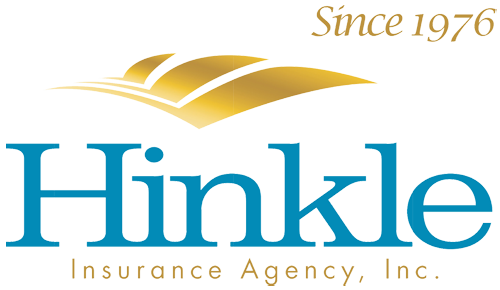
Main Types of HomeOwners Insurance
It may surprise you to learn that homes are costing an average of over $350,000 as of 2023. For some people, this has prevented them from purchasing property. Many others, however, have found rising prices to be a great investment opportunity.
One of the most important responsibilities you have as a homeowner is properly insuring your property.
Not everyone understands the key information they need to know about the different types of home insurance policies.
Understanding these key differences can help you make an informed decision when buying insurance.
Basic Form Coverage
As the name suggests, this is the most basic form of home insurance. It protects the policyholder from financial losses that may occur due to damage to or destruction of their dwelling. This includes damage caused by fire and other forms of natural disasters.
This coverage also includes personal liability protection, meaning it can cover legal costs or medical bills incurred if someone is injured on your property.
Contents Broad Form Coverage (Tenant/Renter)
For those who rent homes, this type of coverage is something you should pursue, as it provides liability protection and protects your belongings inside a dwelling, but not the dwelling itself.
Sometimes known as tenant insurance or renters insurance, these policies can cover a policyholder for water backup damage, certain natural disasters, bodily injuries to others and more at the rented property. Depending on the endorsements selected for the policy will determine the amount of perils the policyholder is covered for. This policy can also cover rental costs at another property if you are displaced from your rental property due to a covered claim.
Comprehensive Form Coverage (Homeowner)
This is the most comprehensive home insurance policy available. It covers all risks associated with the property, if the risk is not explicitly excluded in the policy.
This type of policy also includes additional coverage for loss due to theft, vandalism, and malicious behavior, among other coverages depending on the endorsements placed on the policy. This is the most common form of homeowners insurance, as it covers the largest array of perils.
Unit Owners Coverage (Condo Owner)
For those who own a condominium, this type of home insurance is essential. It covers the personal property of the policyholder, along with any improvements they have made since they moved into the dwelling.
Condo associations in Pennsylvania are required to indemnify a condo owner up to the standards of the condo at the time of purchase by the owner but are not required to cover any improvements an owner makes in the event of a loss. This policy covers that exposure to risk.
Modifying Coverage
Those who have made considerable renovations or additions to their property may want to speaking with their agent to see if they are still properly covered for unforeseen losses.
It is recommended that you call your agent when making any improvements over $5,000.00 so your licensed agent can review your property insurance and make sure you aren’t underinsured. In addition, it is advisable to check with your licensed insurance agent routinely, to see if there are any available options you may be able to add to your policy that may not have been available previously.
How Do You Know What Type of Coverage You Need?
This will heavily depend on the area you live in, as well as any specific needs that you may have. Be sure to speak with an experienced licensed agent who can help you understand your options and make an informed decision.
Your licensed agent will be able to explain how each type of home insurance works, what kind of coverage it offers, and which one is best suited for your particular situation. They can also let you know if your current coverage you have is adequate, or needs to be extended to keep you best insured against losses.
What Should You Look for in an Insurance Provider?
Confirming the reputation of a potential insurer is an important step before finalizing your decision to purchase a policy. Check their customer reviews, financial stability rating, and customer service record. When looking through past feedback, consider how they respond to negative reviews that they receive. One great way to see non-biased reviews is through Consumer Report.
A reputable insurance company will be one that takes care of its customers, follows up on their claims, and indemnifies customers (makes them whole again) after a covered loss. A reputable insurance agency will have licensed agents to help you find the best carrier for your situation and be able to advise you on the best course of action.
Both insurance companies and agencies should make you feel comfortable and heard, as well as unique since everyone has a unique situation. The best insurance agencies tend to build rapport and trust with their clients.
Understanding the Types of Home Insurance Is Easier Than It Seems
No matter which policy suits you best, understanding the different types of home insurance coverage is essential. Be sure to shop around and compare policies from different insurers to find the best fit for your needs.
With the right coverage in place, you can have peace of mind knowing that your home and belongings are secure. Looking for more information on how we can help you out? Feel free to get in touch with us today to see what we can do.


